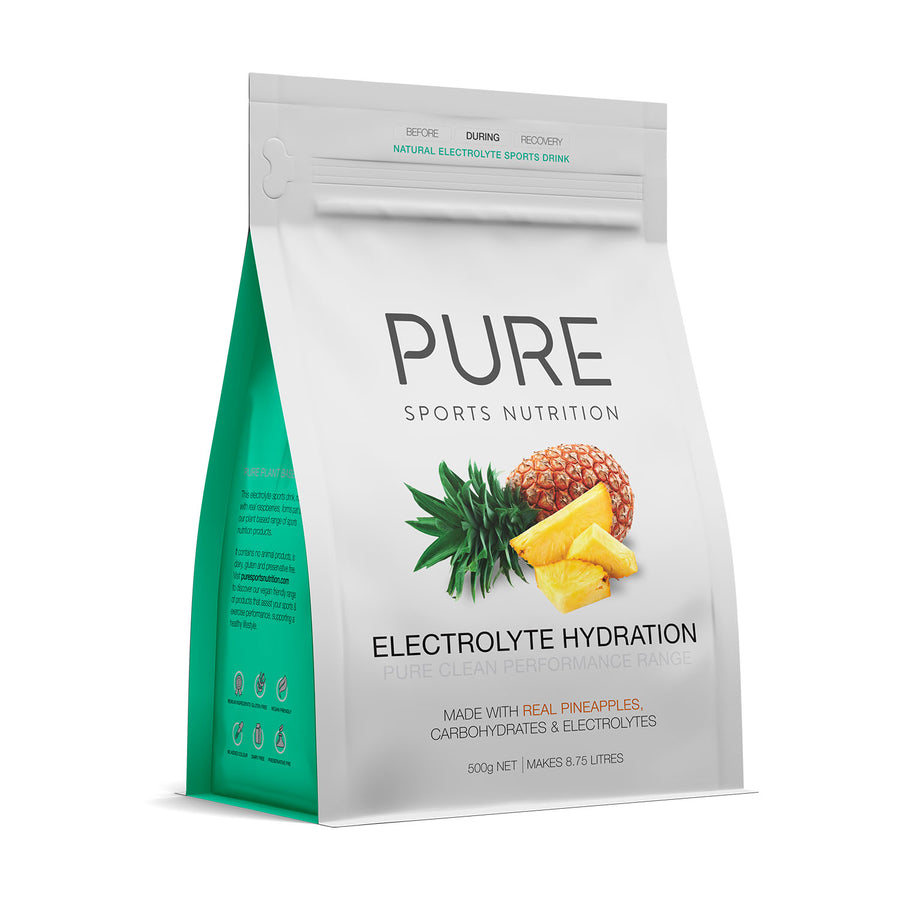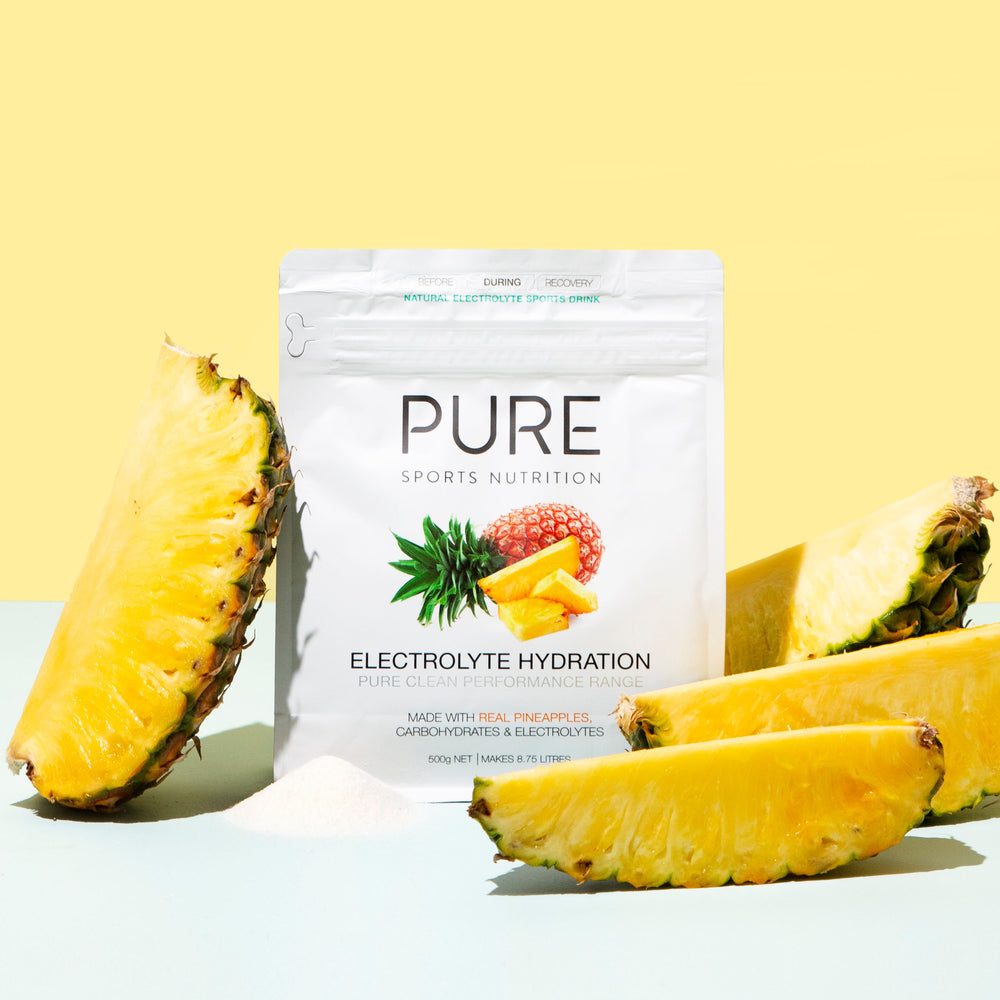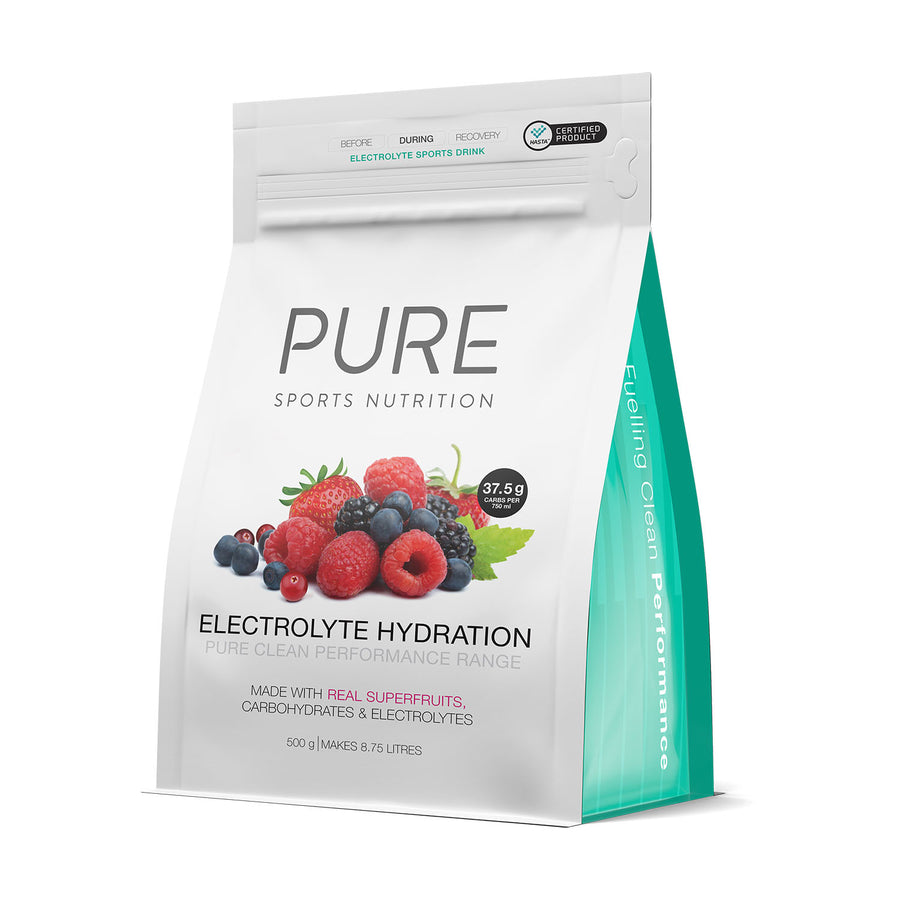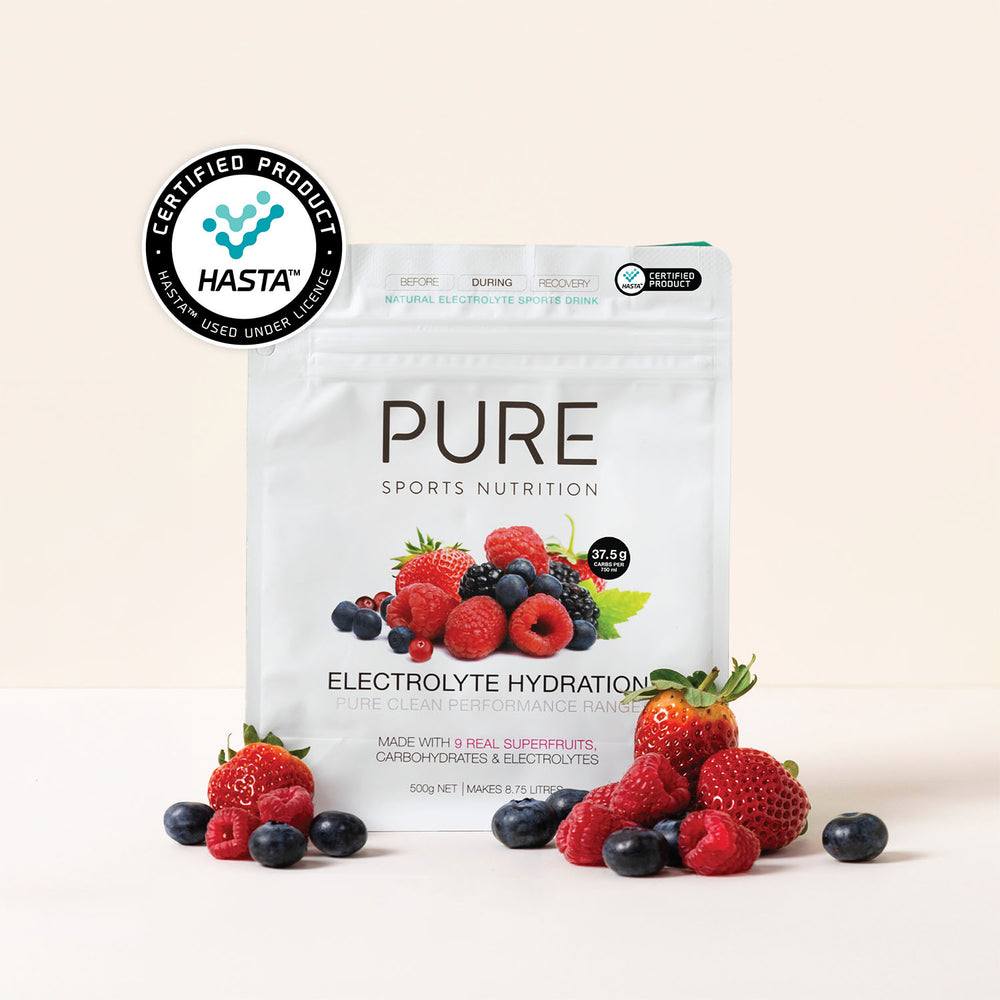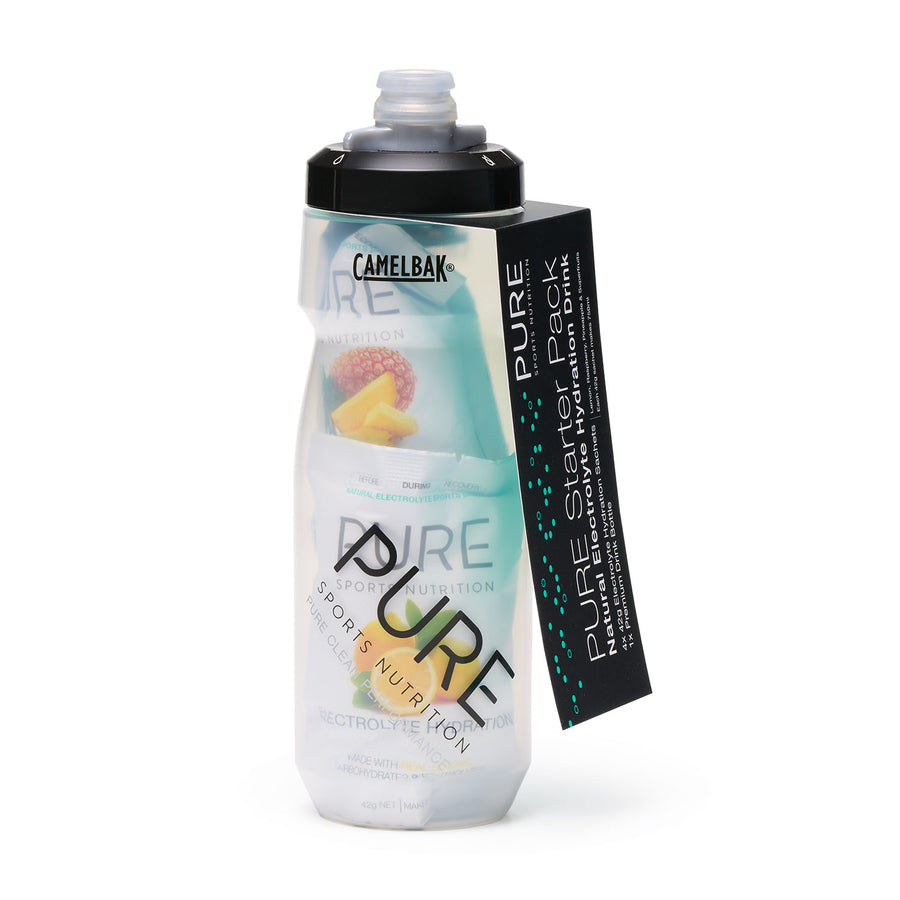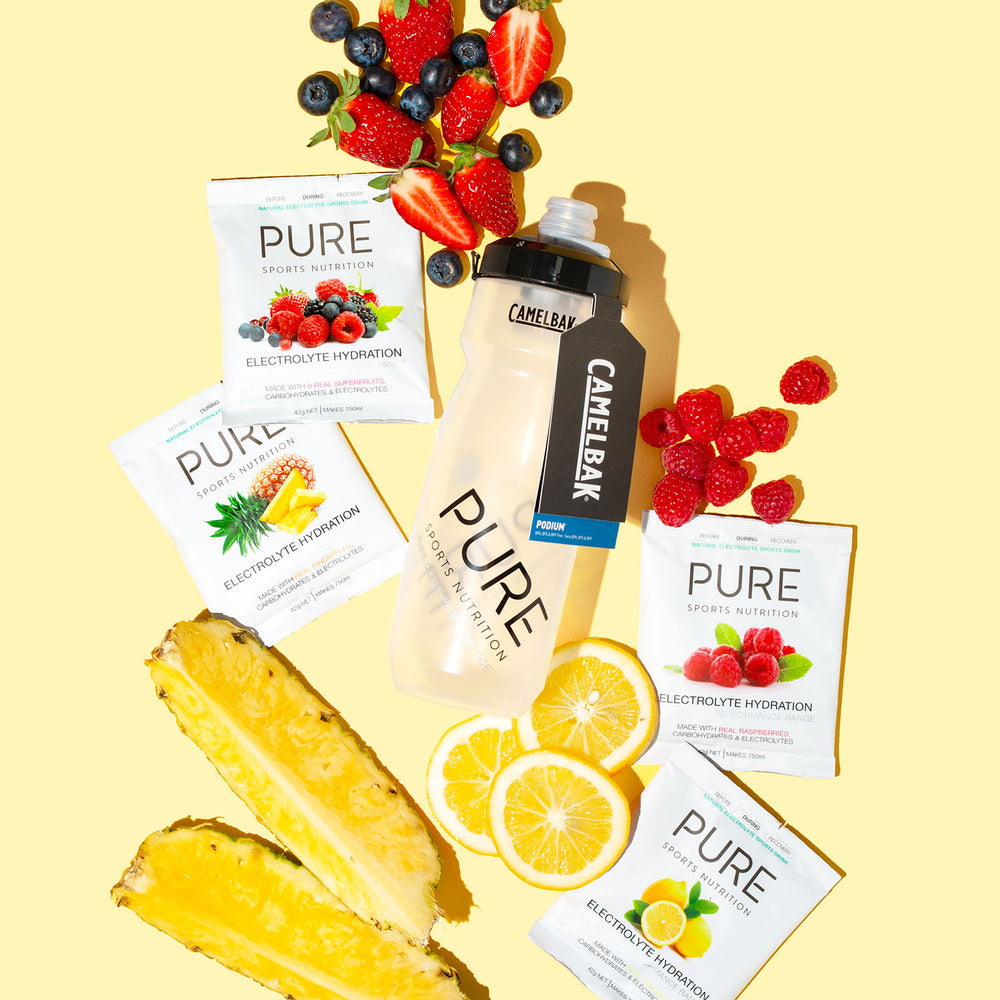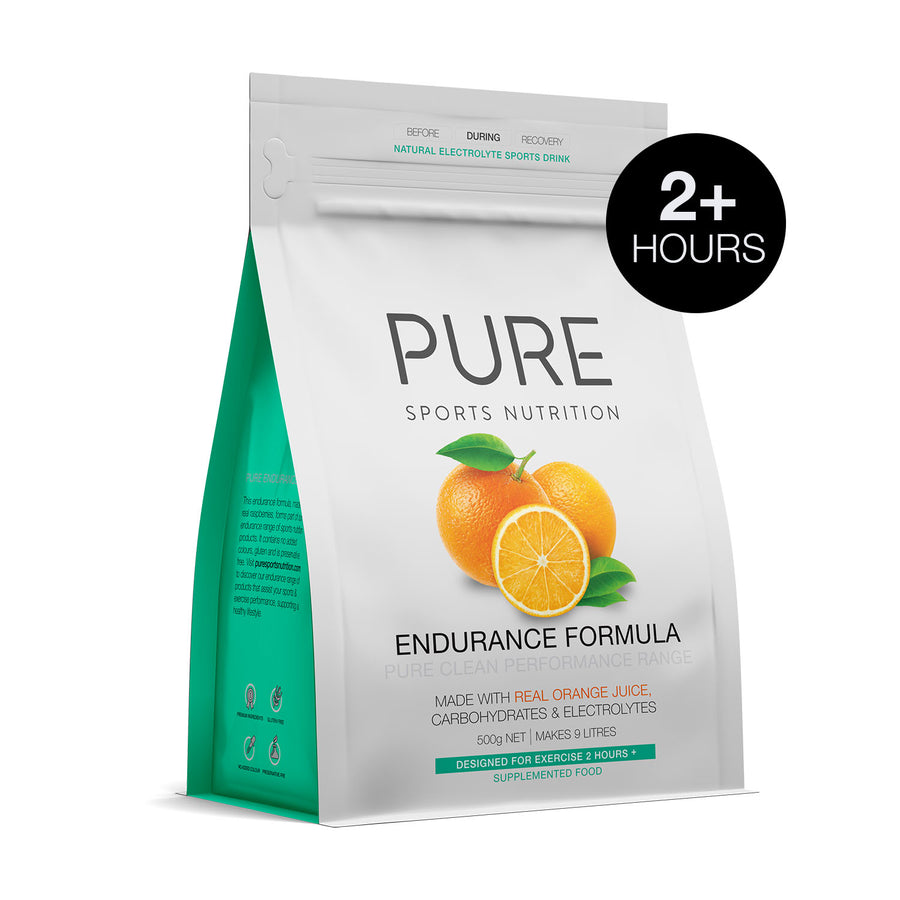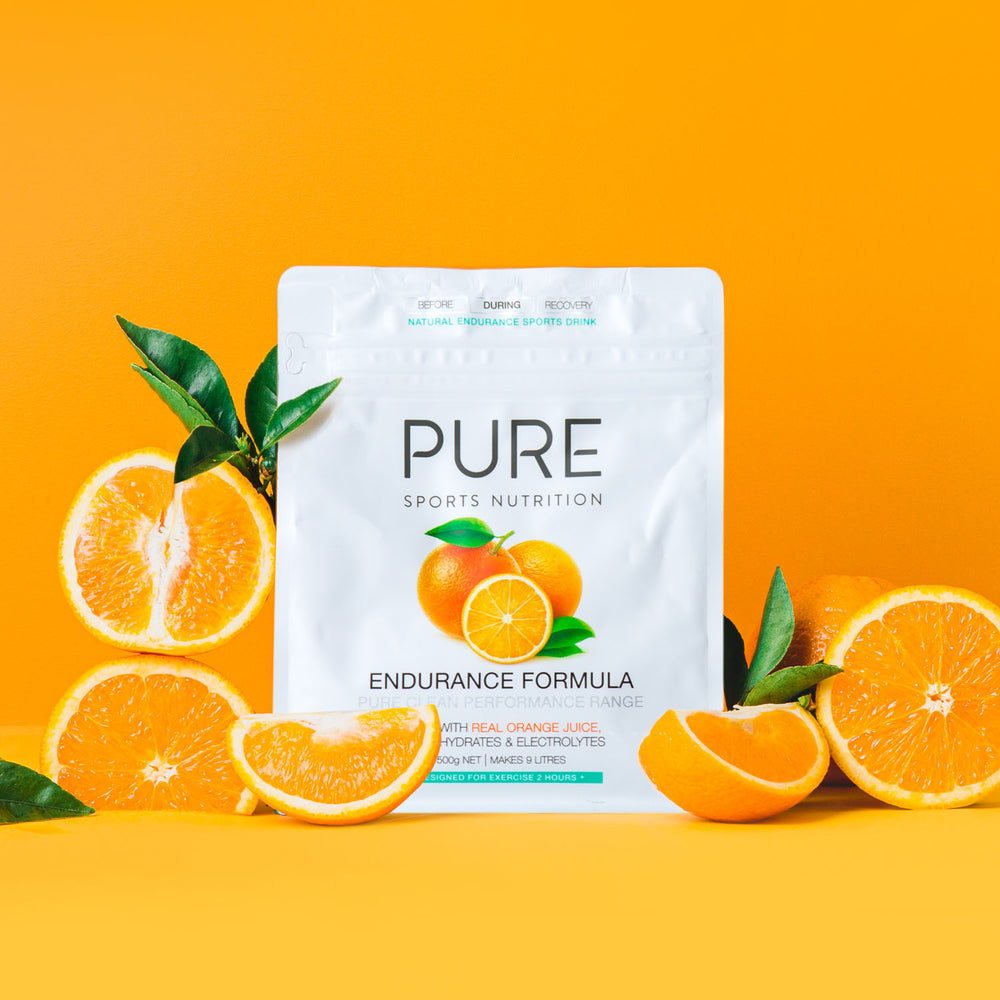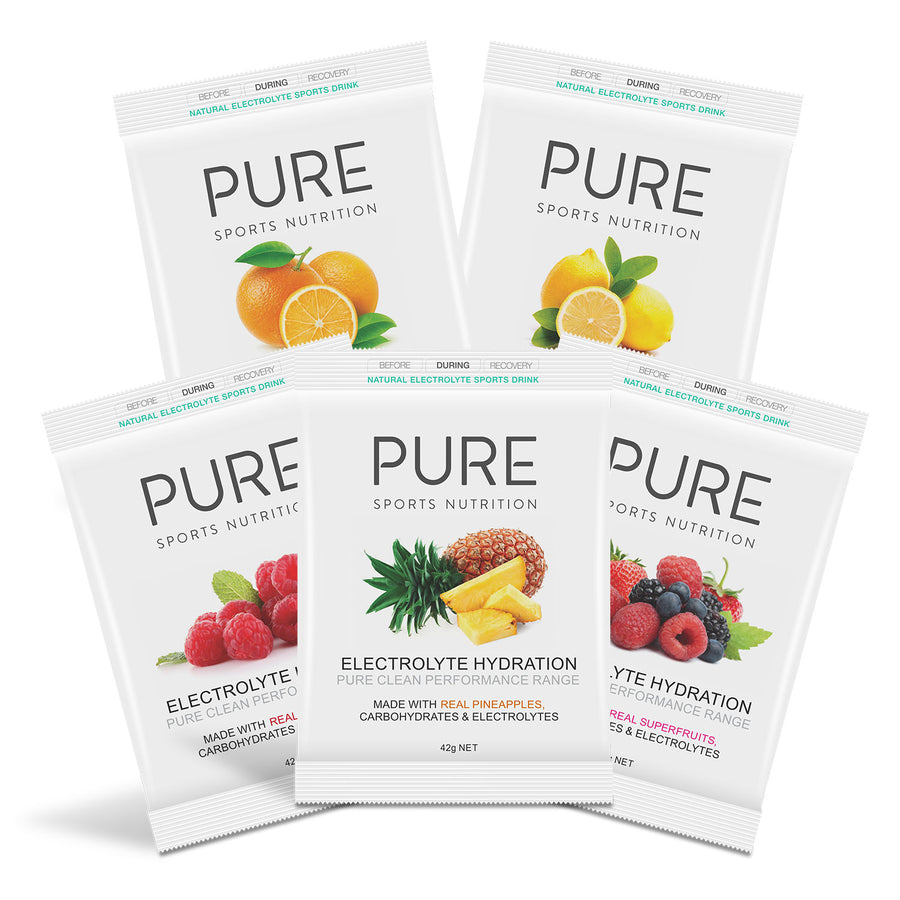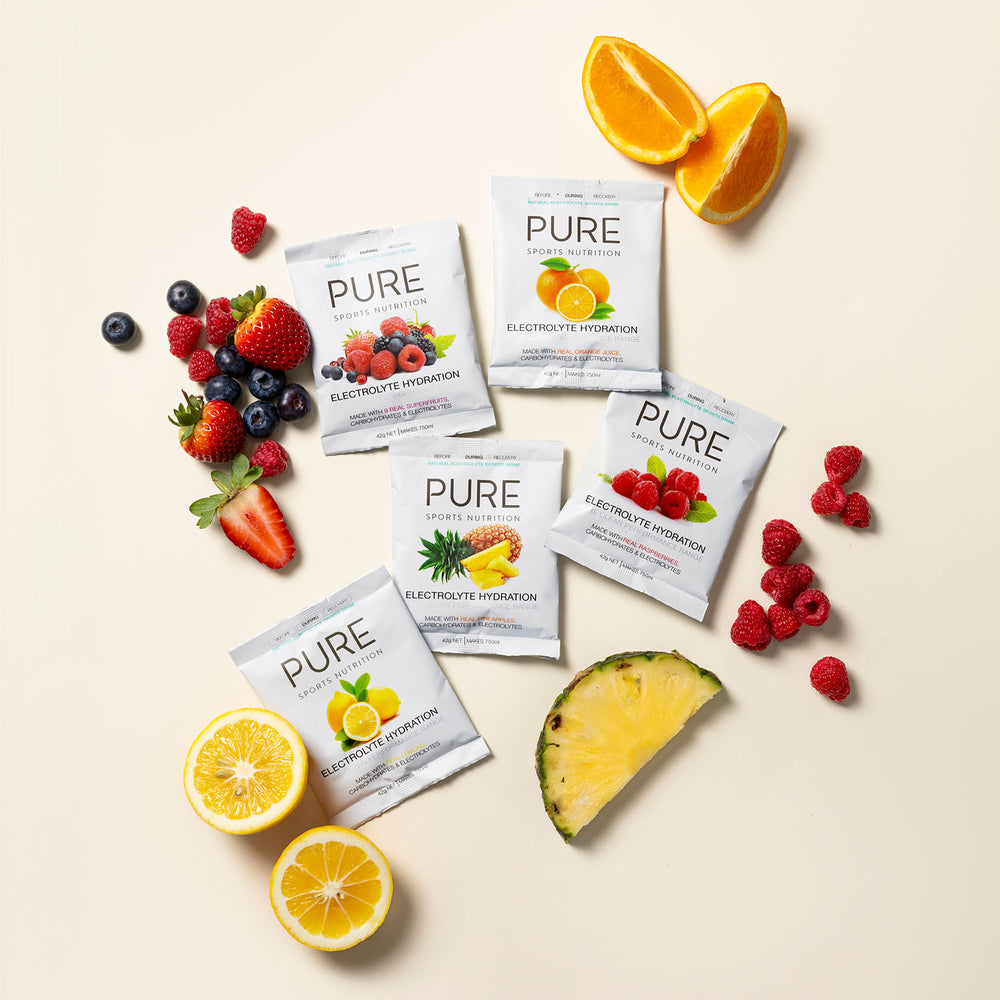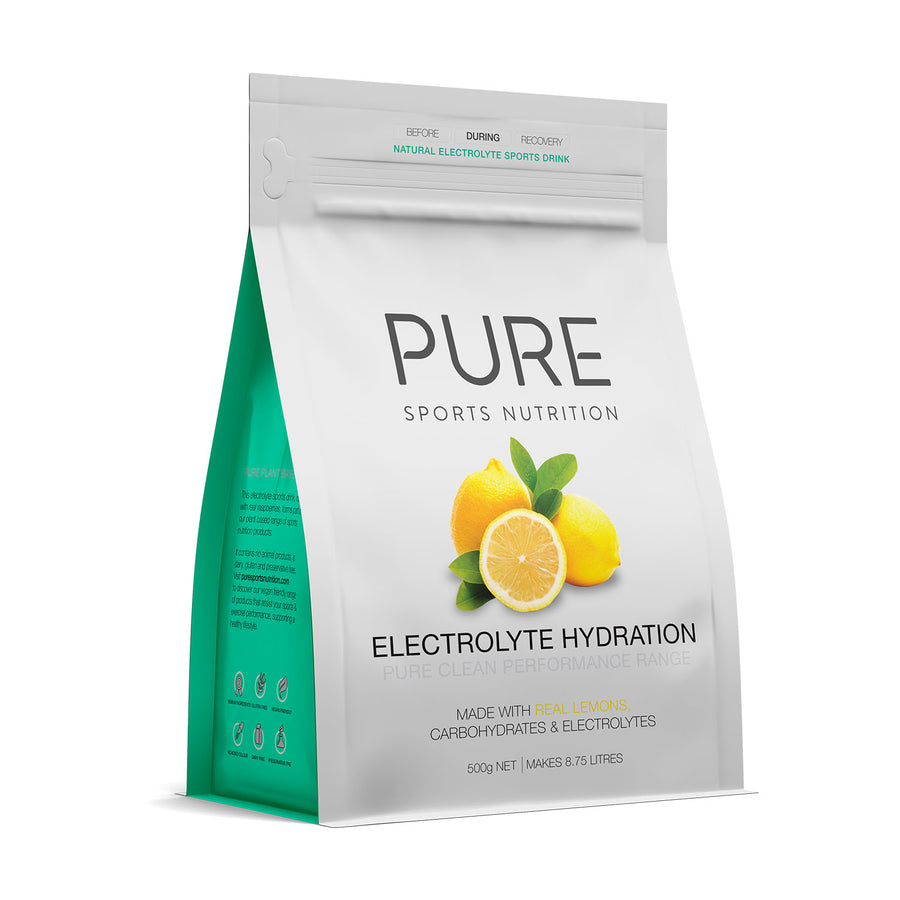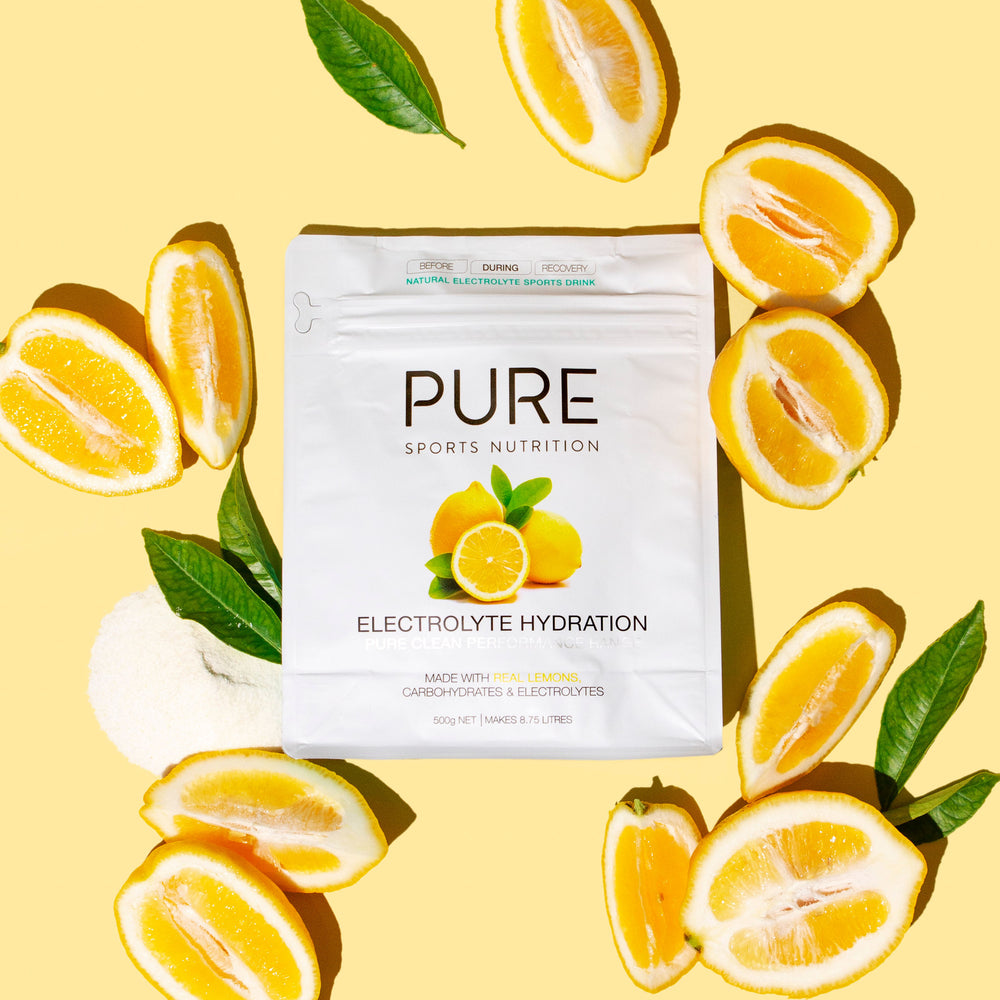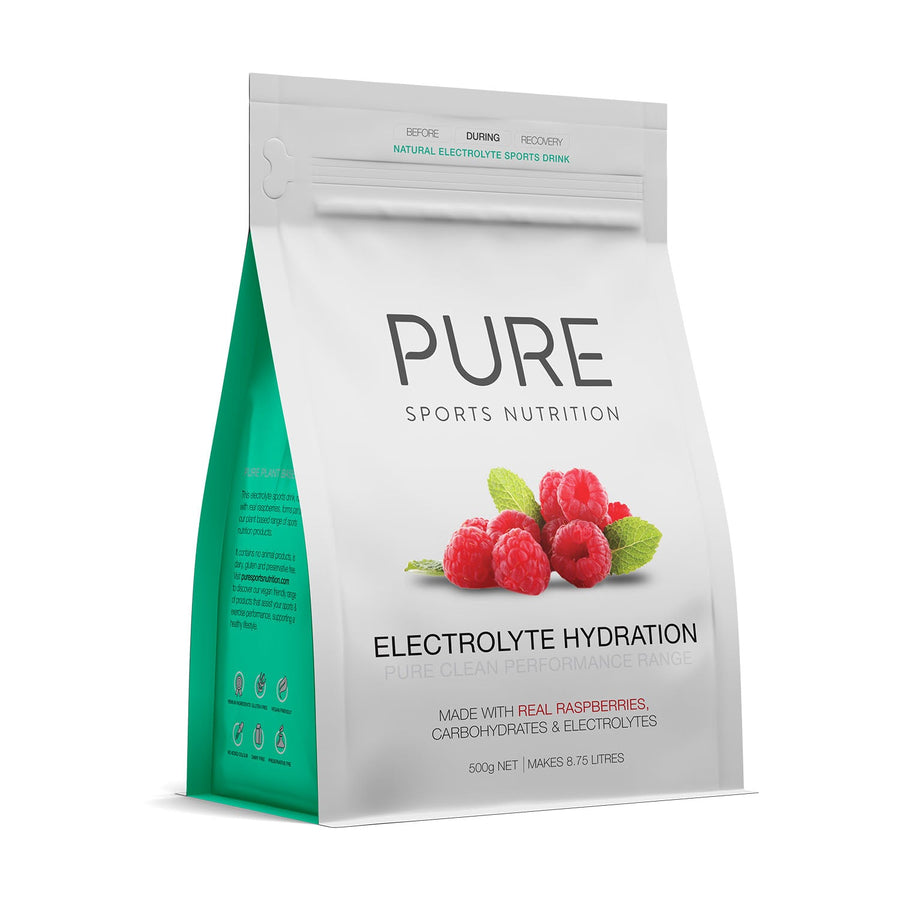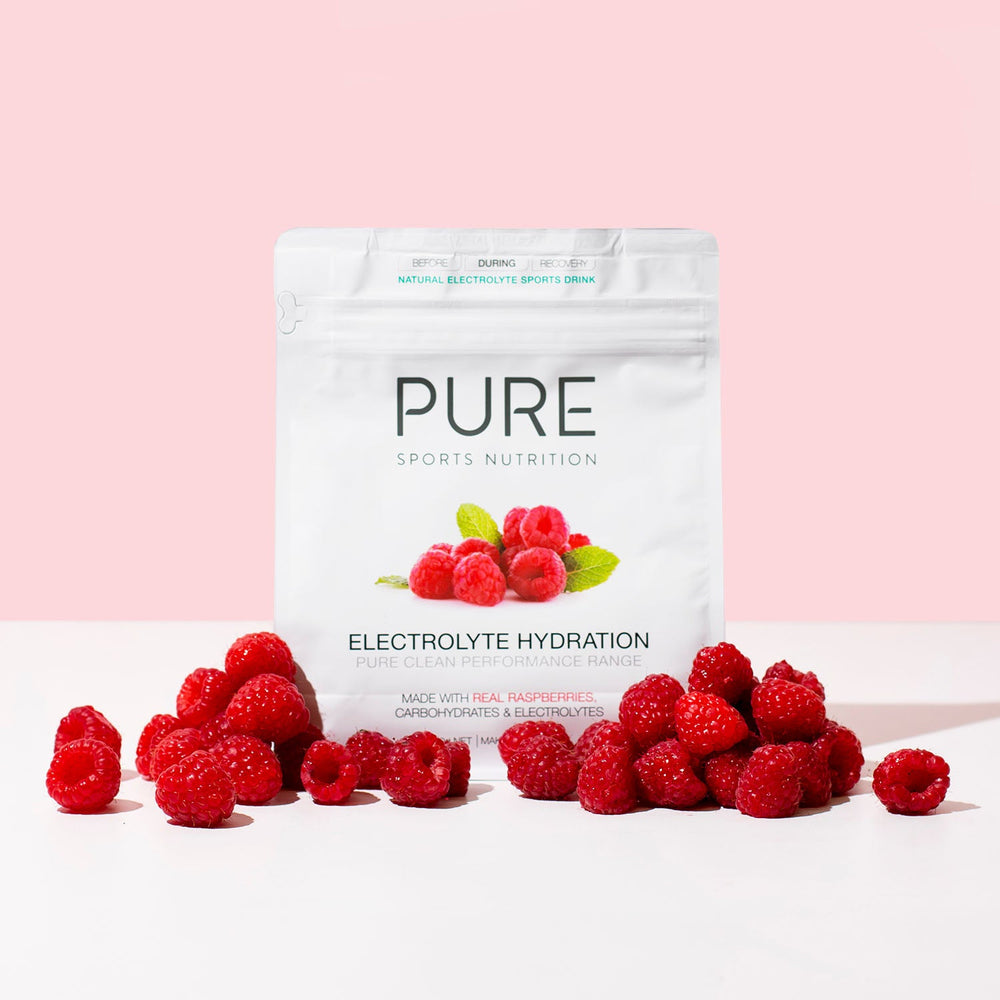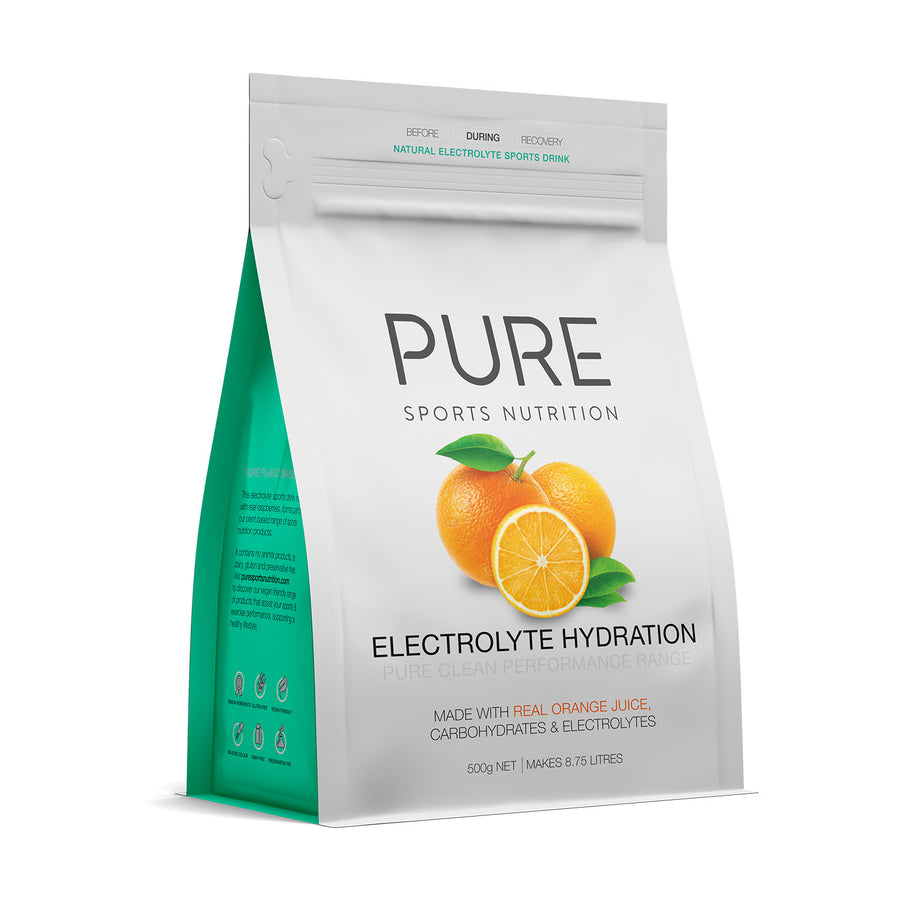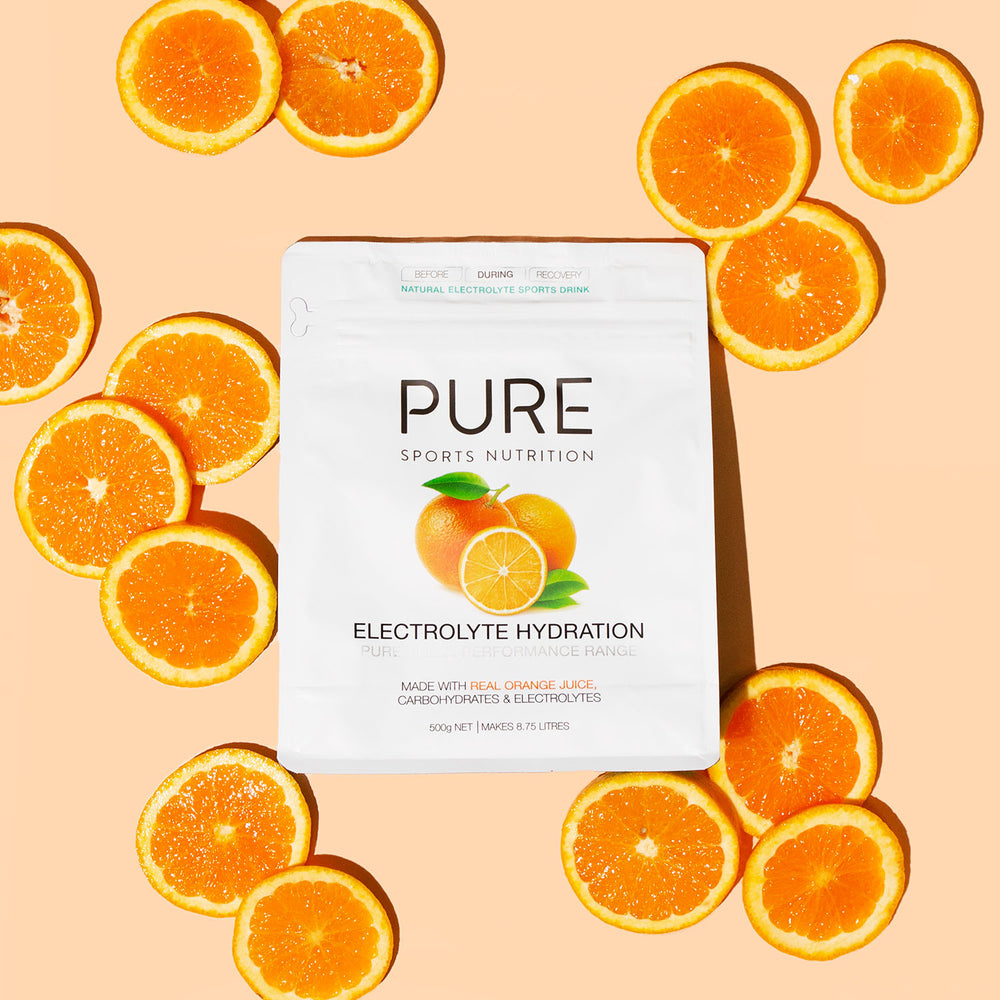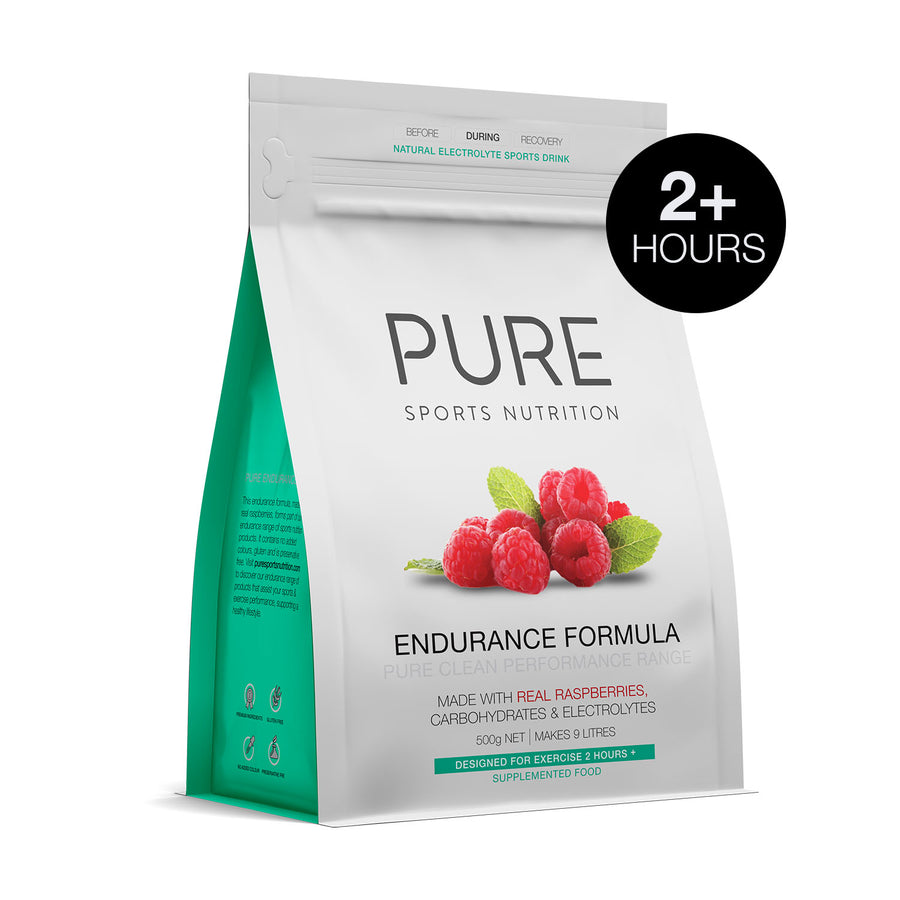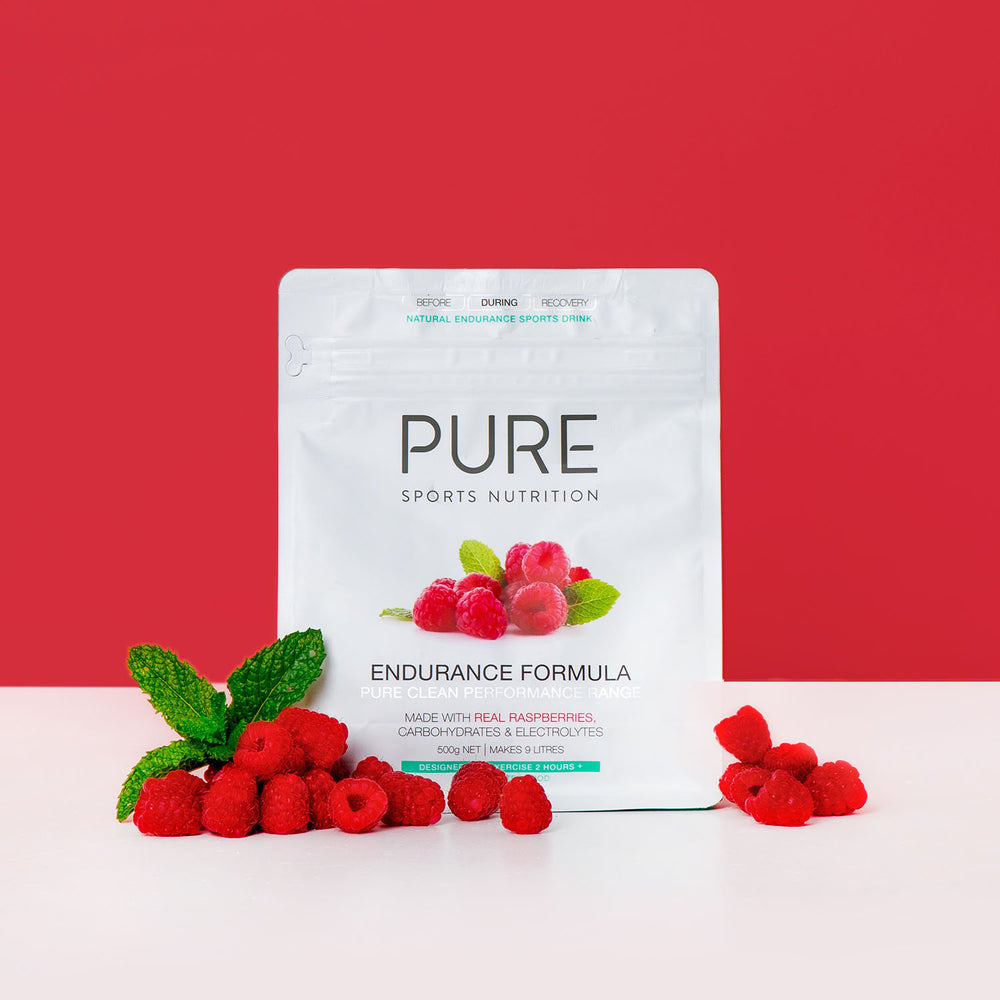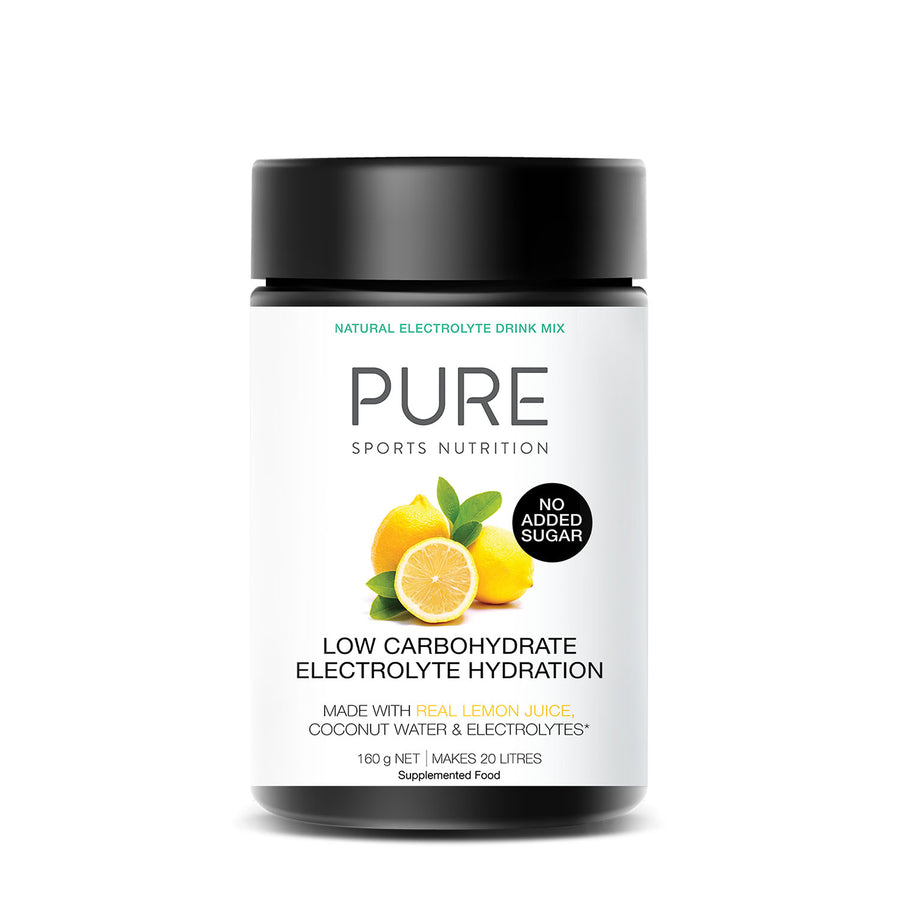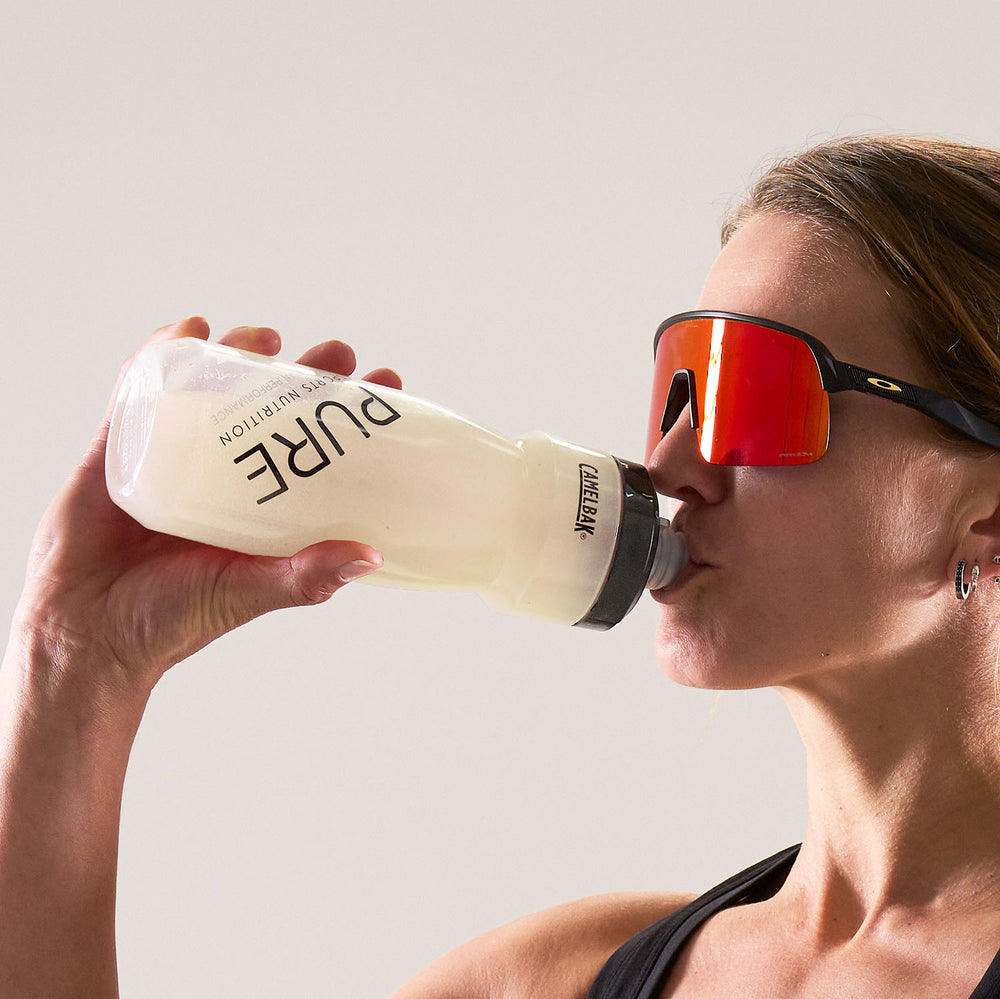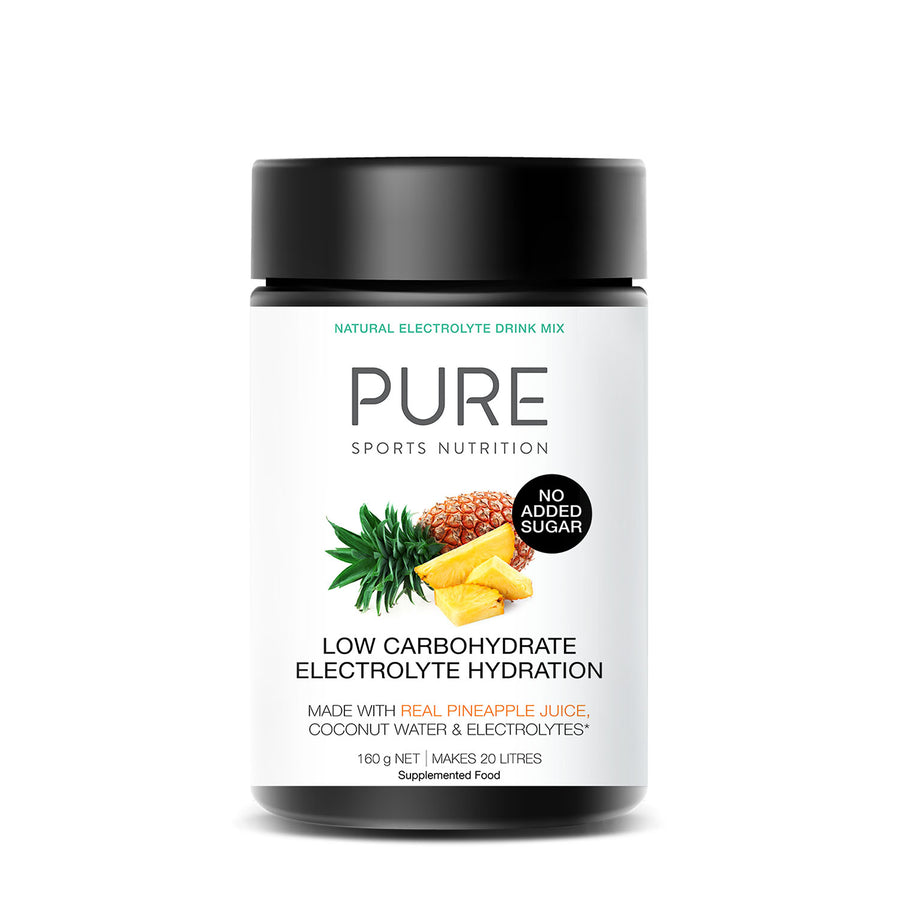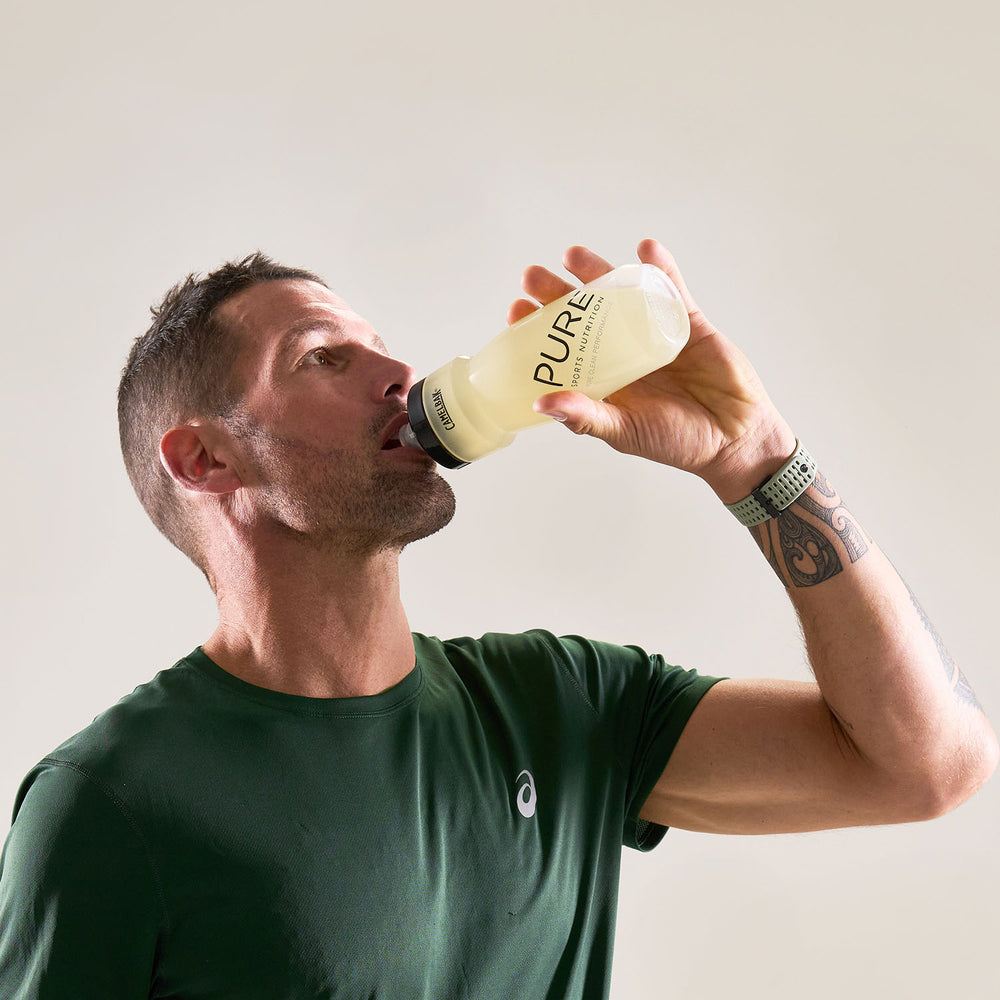
Recovery Nutrition
The recovery phase of exercise is an essential but frequently neglected aspect of sports nutrition. It plays a pivotal role in optimising performance and achieving long-term fitness goals. The fuel we consume between training sessions and back-to-back events is not just about replenishing energy; it's about providing the body with the nutrients it needs to repair muscles, restore glycogen stores, and adapt to the stresses placed upon it.
Effective recovery nutrition is about laying the foundation for future improvements and giving your body the right tools and materials to build strength and resilience.
Here are some practical nutrition tips that can enhance your recovery process:
Eat protein and carbohydrates: Carbohydrates (carbs) are the bodies main fuel source, stored as glycogen in the muscles and liver. These stores run out after about 60-90 minutes of exercise and need to be replaced. Ideally, you want to refuel soon after your session has finished, enhancing the recovery process.
Protein is vital for the repair and function of muscles, so needs to be included in your post-exercise nutrition. There is more urgency in the timing of you recovery nutrition when preparing for back to back sessions or events.
Spread protein out over the day: Our body has a limited ability to process protein and utilise it for recovery. Aim for approximately 20 grams in your post-exercise nutrition and be sure to include protein into every meal and snack between sessions to consistently spread intake throughout the day.
Eat enough to support recovery: Many people training underestimate their food and energy requirements and subsequently under fuel. If you are consistently training / exercising and haven't adjusted your base diet then you may need to look into this.
Other signs you are not earing enough are soreness or inability to recover between sessions, this can lead to injury and / or fatigue. If you have a long hard training session scheduled make sure you account for this in your pre-training meals or snacks by increasing the quantity or frequency where it is practical to do so i.e. larger dinner or extra snack the night before a long morning session. While exercising, plan your nutrition to cover the complete duration of your session as the lasting fuel supply will help prevent fatigue and give you a head start on recovery.
Increase your fruit and vegetable intake: A higher energy requirement naturally means a higher nutrient requirement. As a minimum, you should be aiming for 8+ servings of fruit and veg per day as the vitamins, minerals and complex carbohydrates will help recovery and support immunity. Finding it hard to fit in? PURE Blackcurrant Recovery, PURE Performance Plus Caps and PURE Beet Endurance are made from 100% real and natural ingredients, concentrated down and so are incredibly nutrient-dense.
Hydrate: Exercise can send us down the path of dehydration which needs to be reversed during recovery. The quickest way to rehydrate is a sports drink containing carbohydrates and electrolytes, this helps with fluid absorption. Quick tip; always finish your sessions hydration supply (if you carry it) when you finish, to help rehydrate and refuel muscles. You also need to ensure you remain hydrated throughout the day, which can be upwards of 2 litres of water depending on gender and size. In between sessions when you may not require the extra carbs, try PURE Electrolyte Hydration Low Carb, this contains electrolytes and is made on a naturally low sugar coconut water base.
Consider a complete recovery option. PURE Recovery Shake contains 20 grams of protein per serve and naturally occurring nutrients including the essential minerals calcium, potassium, sodium and magnesium to replace those lost when we sweat. Combined with natural carbohydrates in the form of manuka honey, it is designed to quickly mix with water on-the-go to create a refreshing chocolate flavoured shake.
